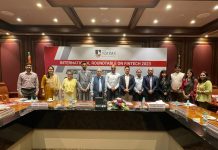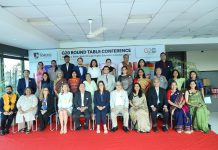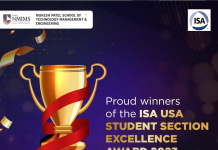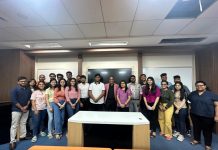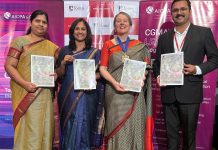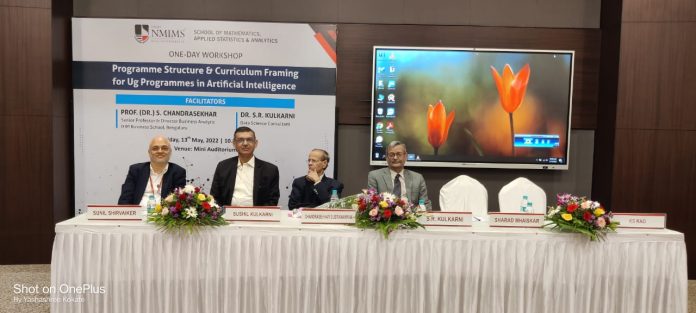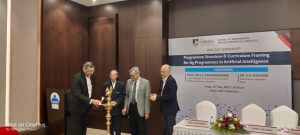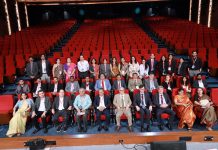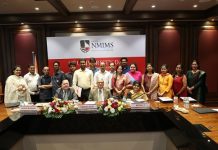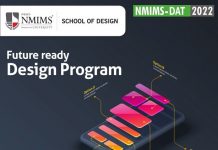Home Academic Acclaim NMIMS School of Mathematics organizes a one day workshop on ‘Program Structure...
Welcome! Log into your account
Register for an account
A password will be e-mailed to you.
Recover your password
- Home
- Category
- Events
- Gallery
- Focus
- Schools
- AllAnil Surendra Modi School of Commerce, Mumbai (ASMSOC)Balwant Sheth School of Architecture, Mumbai (BSSA)BengaluruChandigrah CampusHyderabadJyoti Dalal School of Liberal ArtsKirit P Mehta School of Law, Mumbai (KPMSOL)Mukesh Patel School of Technology Management & Engineering (MPSTME)MumbaiNMIMS Bengaluru CampusNMIMS Hyderabad CampusNMIMS Indore CampusNMIMS Mumbai CampusNMIMS Navi Mumbai CampusNMIMS School of Hospitality ManagementNMIMS Shirpur CampusPravin Dalal School of Entrepreneurship & Family Business ManagementSarla Anil Modi School of Economics, Mumbai (SAMSOE)School of Branding and AdvertisingSchool of Business Management, Mumbai (SBM)School of DesignSchool of Performing ArtsSchool of Pharmacy & Technology Management, Shirpur (SPTM)ShirpurShobhaben Pratapbhai School of Pharmacy & Technology Management, Mumbai (SPPSPTM)Sunandan Divatia School of Science, Mumbai (SDSOS)
- NEWS
Follow us on Instagram @nmims_india
© Spandan - e-Magazine


